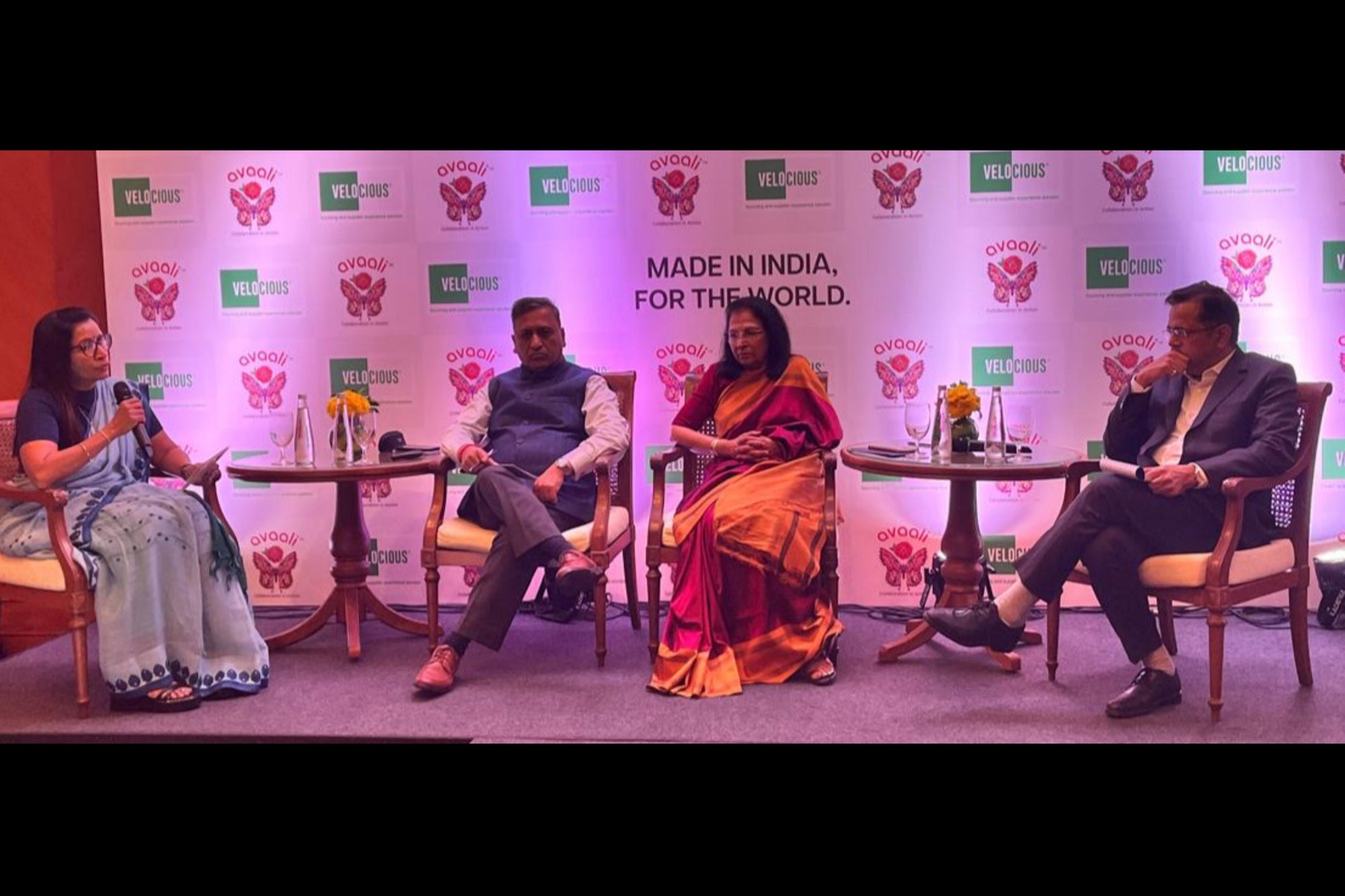The Cynicism On Foreign Funding And How Its Opening Doors For Indian Investors Homegrown investors attracted by good value may kickstart a virtuous cycle of injecting fresh capital in one sector benefiting the next and bring certainty in their longstanding relationships with startups
Opinions expressed by Entrepreneur contributors are their own.
You're reading Entrepreneur India, an international franchise of Entrepreneur Media.

The Indian startup industry was a money magnet until COVID-19 hit India and its economy. And one of the most powerful forces driving Indian firms has long been investment from other countries.
Flush with easy funding from global investors such as SoftBank, Alibaba and Sequoia Capital, Indian entrepreneurs have scaled up rapidly helped equally by Internet technologies along with easy availability of funds. But the pandemic has created massive uncertainty in global capital flows and could decline over the next few years. The optimistic investment view from startups could not have changed more radically.
For international investors, priorities have changed—from investing overseas to markets such as India, they are now focusing to help the existing portfolio of companies ensure their business continuity. Also, the Chinese have invested more than $4 billion in Indian startups and are stakeholders in nearly 60 per cent of top Indian unicorns. More funds from the neighbouring country look unlikely now, and will depend on India's geo-political issues with them.
And this is a possible silver lining. Homegrown investors attracted by good value may kickstart a virtuous cycle of injecting fresh capital in one sector benefiting the next and bring certainty in their longstanding relationships with startups.
The government's clarion call for local companies to become self-reliant should begin from startup financing, which at present, is just 20 per cent of the overall investment. And this could also democratize the opportunity of investing in Indian startups for smaller but interested investors. The funding that has been dominated by Silicon Valley or China can shift to local investors or high net worth individuals, who traditionally focused on more traditional sectors. In fact, HNIs have started to invest directly in startups rather than funnelling money through private equity funds that invest in unlisted firms.
Also, one opportunity by domestic investors could be tapping the funding gap, which is observed at the mid stages of investment, as a limited number of funds and LPs operating in this part of the value chain. That's because VC ecosystem has evolved in a way such that investments have gone into larger funds focussing on later stages of investment, and with a proven track record, or into funds focussed on smaller seed or angel stage investments.
There is also a need to create structures to bring in more domestic capital and involve different investor classes. Improving cash exit opportunities and educating LPs and fund managers about this asset class are initiatives which have to be taken up on priority, to develop the ecosystem. The government can do their bit to encourage large Indian companies by giving tax breaks to invest in the high-risk asset class such as domestic alternate investment funds (AIF).
To be sure, the current pandemic has not killed investment, it has just shifted it from global to local, forcing domestic players to rewrite the playbook for startup funding. Especially at a time when local investors have more time to carry out due diligence, deal terms are likely to be more favorable and more importantly, are more nimble than their global counterparts who have hunkered down at their home markets.
Yet, foreign investment should not be forgotten as it has historically been a barometer of their ability to bring about global growth. But only with domestic investors supporting them now, post-crisis winners can open early to foreign investment.











